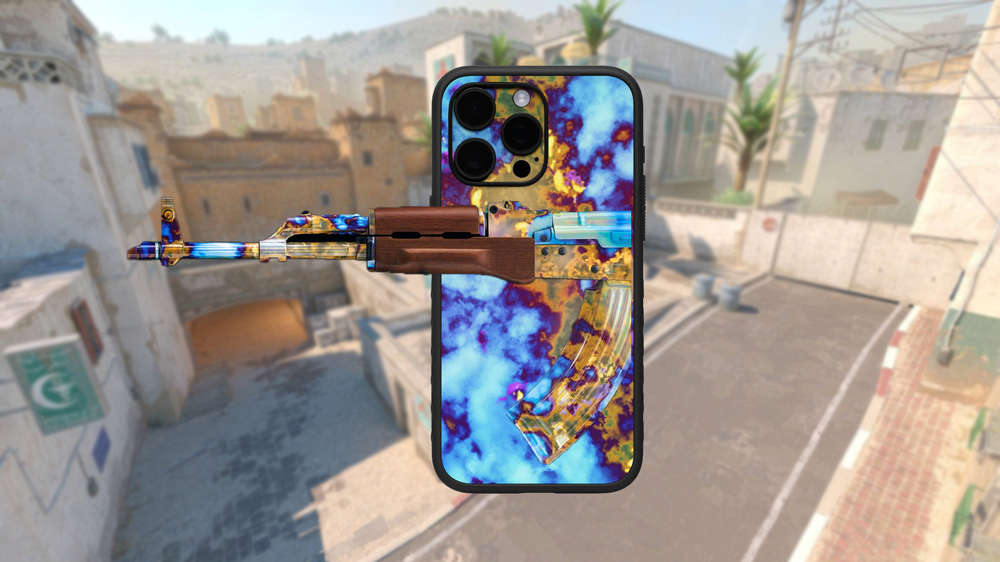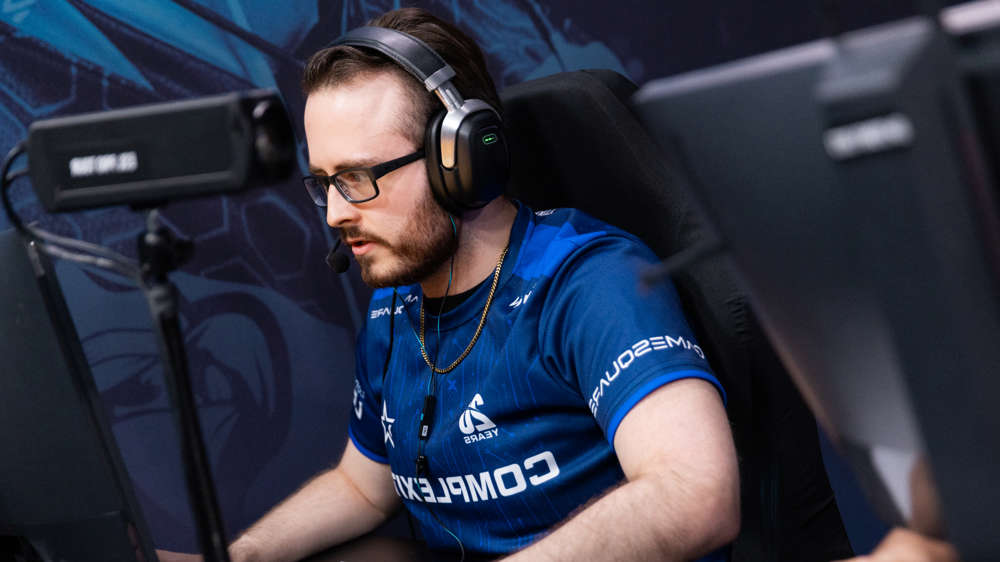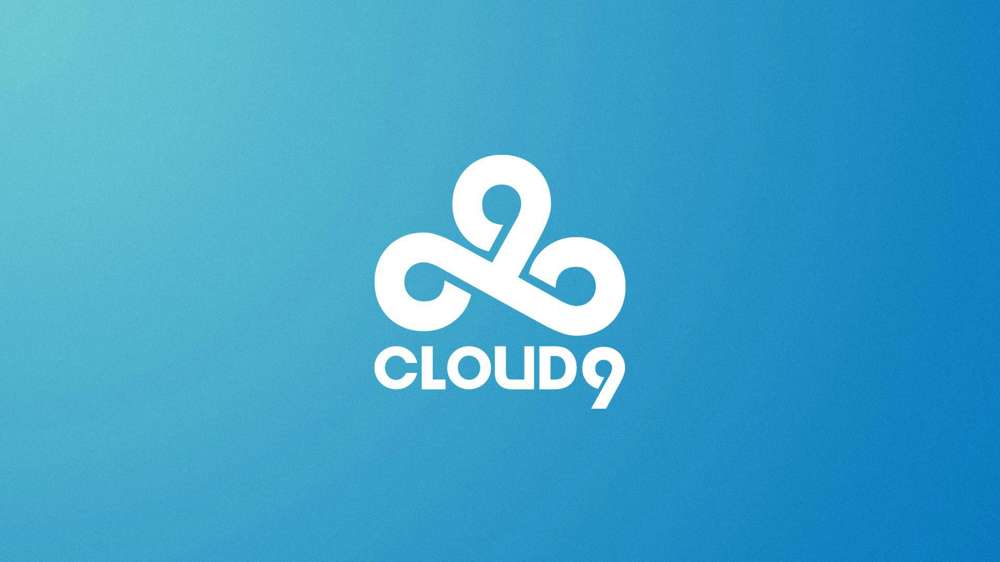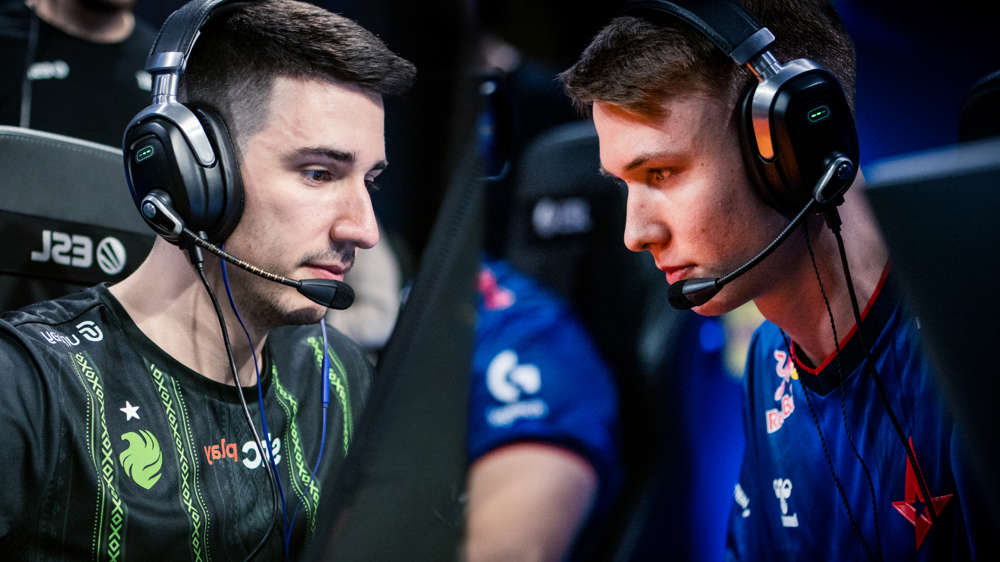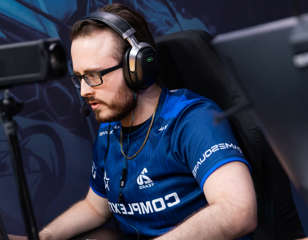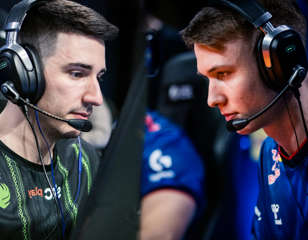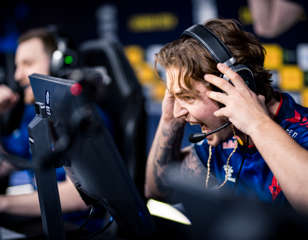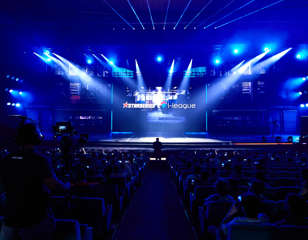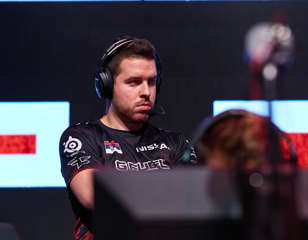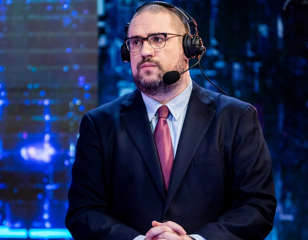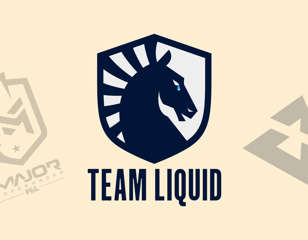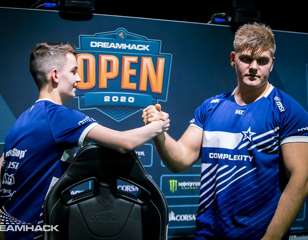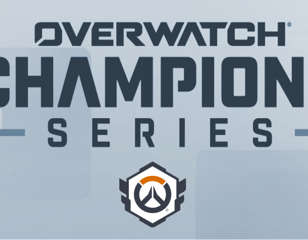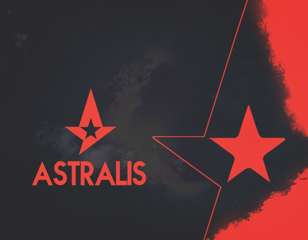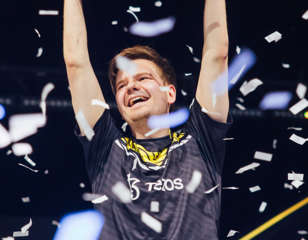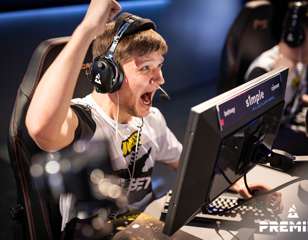How Being A Professional CS:GO Player Affects Your Mental Health
Being a pro is hard work.

Owen Turner
23rd Sep 2020 17:00
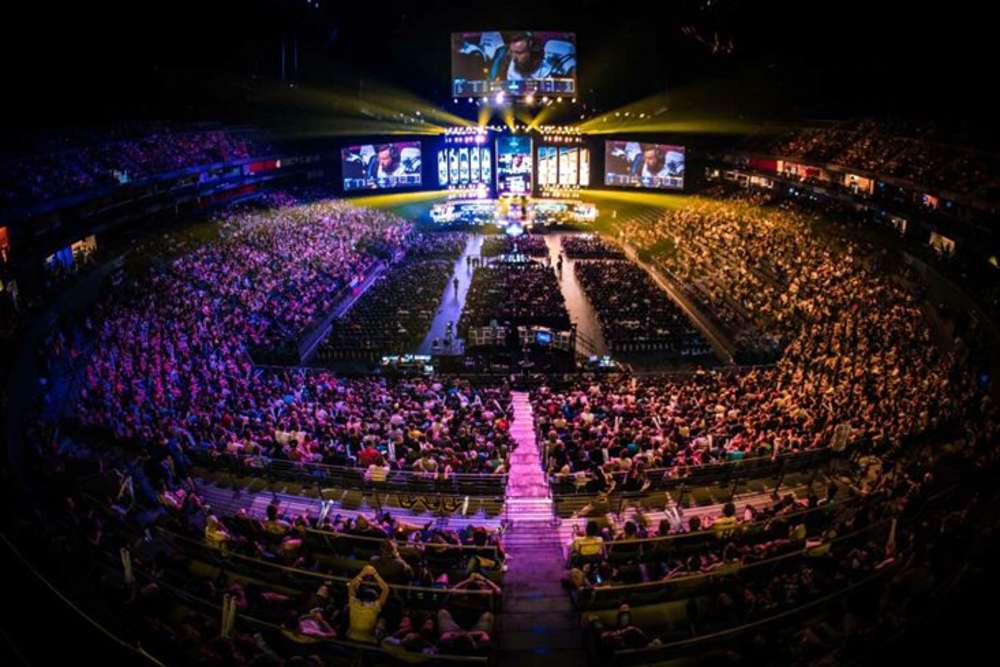
Since its release date in 2012, CS:GO has had tremendous growth in the esports community. With team sponsors like Logitech and millions being dished out to the next best player, it's hard not to crack under pressure as a pro. That's why eventually some do. Back in 2018, the ELEAGUE major brought in a peak of 1.9 million viewers. Those fans were lucky enough to watch Cloud9 become the first and only North American team to win a major. Imagine the nerves that these players faced battling out on the main stage for a huge cash prize and most importantly, the title as best in the world.
One player by the name of Lukas who goes by gla1ve eventually broke down in March of this year. Not only does he play for one of the best teams to ever touch the game but also has the pressure of being team captain for Astralis. Luckily he opened up and admitted to this being the hardest decision he's ever had to make, worrying about letting down his teammates and fans. When you have four major titles, the game starts to take over, and you forget to rest your mind. With ten years of experience under his belt and 1.6 million in earnings, Lukas has seen it all in the industry.
Originally esports started with small LANs and eventually grew to teams receiving minor sponsorships and contracts. Nowadays, it's a form of representing your country and the organisation you play for, almost like the Olympics. Some might see this as just a game, while others understand the constant state of pressure that players are under. Essentially every step that is made, tactical they throw and shot they take has to be perfect. When your salary is built on the backs of investors and sponsors, you can't fail, or you will be forced to retire.
On top of that, you have to take part in daily interviews and interact with your chat on stream. For some players, their life becomes consumed by their work and can't dig their way out. Some prodigies start young like seventeen-year-old oBo who's been playing with the best since he was fourteen. He's already earned six figures in earnings and has dedicated his teenage years to the game.
- Read More - CS: GO's Million Dollar Skin Market
Besides the lobby raider 'chiken', every CS:GO pro is afraid of messing up at an event. These worries make your job even harder as a pro player. The part of your body that takes the most damage is your brain. When faced with multiple stressful situations, the prefrontal cortex, which is responsible for memory and learning starts to shrink. The brain moves away from these activities and goes into a protective stage. It either fights the current issue you're having or dozes off forgetting why you were stressed out in the first place. Early relations to stress can cause havoc on your social skills or ability to focus. That's why it's important to take breaks between work hours and yearly vacations so your mind can rest and refuel for the next work session.

Now for the contracts. How does making lots of money at a young age change your personality? For some people they feel power and become greedy, leaving them wanting more. This was seen back in August of 2014 with the well known North American match-fixing scandal. The thrown match resulted in multiple bans from iBUYPOWER and left future talents with no career all because they wanted skins. That’s right; they threw away years of work for a couple of trades.
Throughout the next six years, they were forced to rebuild trust from their fans simply because money got in the way. Another big part of being a pro-CS:GO player is anxiety. Even though these players look calm on stage, it doesn’t mean they don’t get nervous. Long term anxiety causes your brain to release stress hormones which can lead to dizziness or even depression. For some players, they feel this when going into a big event.
Players like TaZ have been active for almost twenty years, making him the oldest player in Counter-Strike esports. Outside of the competitive scene, a lot of players depend on streaming platforms like Twitch to earn their income. This means when they’re not practising or participating in a tournament, they’re stuck streaming the same game.
For some aspiring pros, this might seem like a dream job. A lot of these younger players out in the audience don’t understand the pressure to sign contracts and play the same game up to fifteen hours a day. Competitive gaming is more than sitting in your room all day. It’s a career where you have to push yourself constantly, and some often forget about their mental health.
Images via | ESL | Liquipedia

About The Author
Owen Turner
